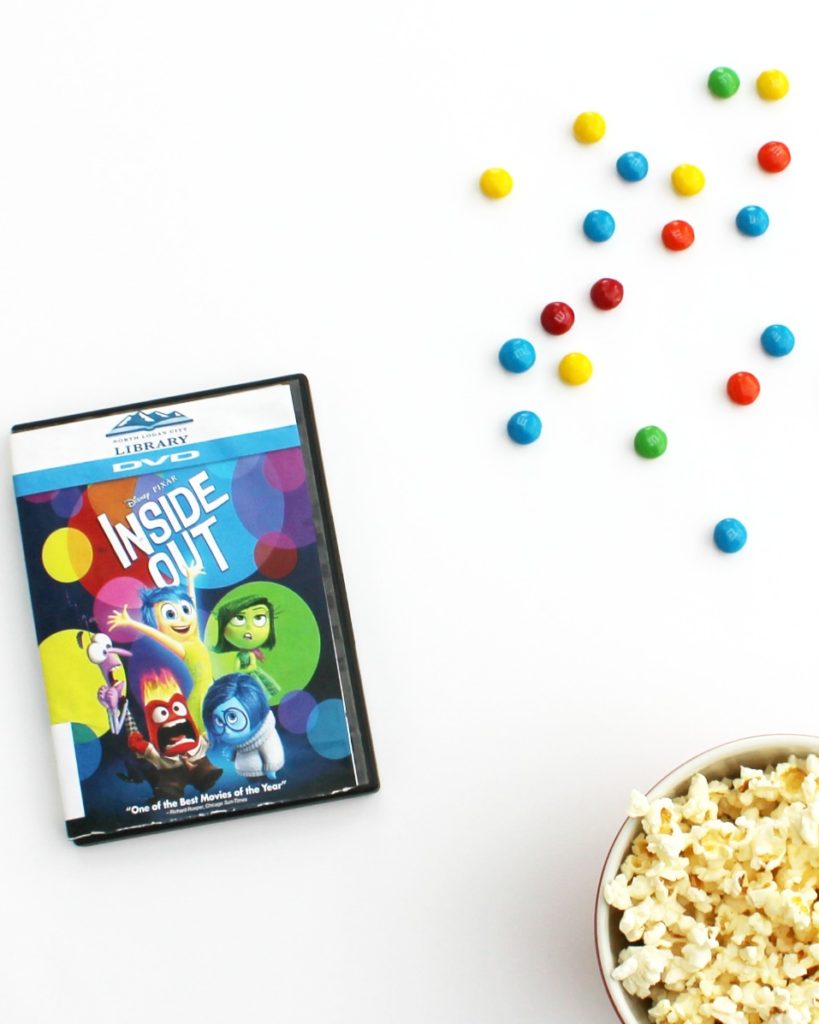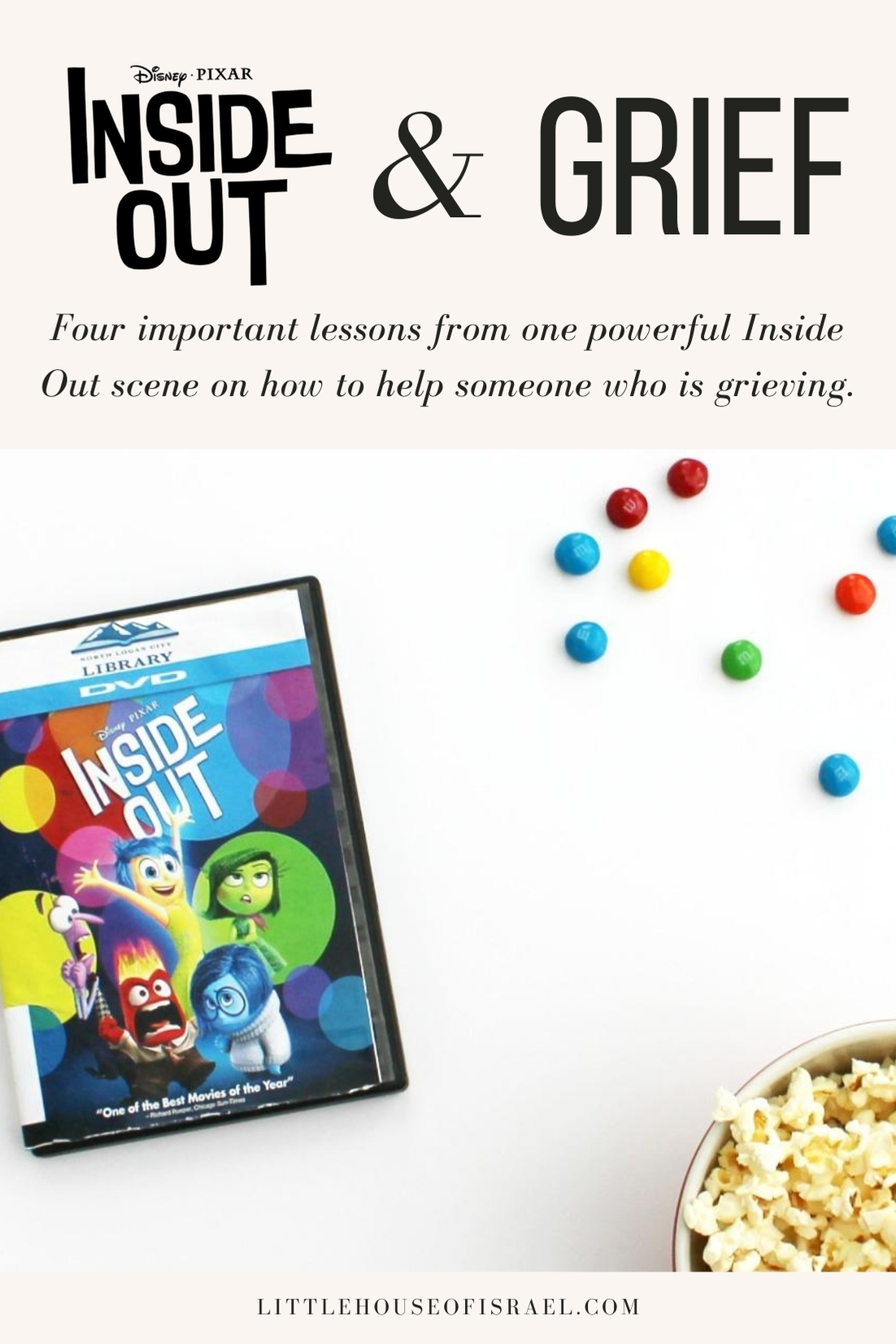I never truly knew what grief was before infertility became a part of my life. Yes, disappointing and sad things happened to me and those I love, and people I loved dearly left this life. But I hadn’t experienced a loss that completely turned my world upside down and dumped all the puzzle pieces of my life into a messy pile for me to rearrange. That changed when infertility knocked at my door. The imaginary photo in my mind of what my future family would be like once included me, my husband and several kids (he wanted 4, I wanted 6, just like the families we grew up in). Now, my husband and I are still in the photo, but all the children have been replaced by question marks. It’s not a question of how many kids we want to have anymore. Now it’s a question of “Will we ever be able to have children?” And that changes everything.
There are some losses that change the course of your life and your identity as a person. Infertility is only one situation that causes such devastating loss, others may be divorce, death of a loved one, cancer, miscarriage, financial disaster, or serious injury. Not all causes of grief are as visible as death is, and I like how this quote sums up the way that infertility (and other life-altering situations) will cause people to grieve: “Infertility is a loss. It’s the loss of a dream. It’s the loss of an assumed future. And, like every loss, it will be grieved.” After opening up about infertility through this blog and among family and friends, I’ve noticed that some people have no idea how to react or respond to someone else’s grief. I think most people have good intentions, but ultimately some of them don’t know how to act around someone who is grieving and unintentionally say or do insensitive things. Recently I came across a helpful guide for “what to say and what not to say if someone you know is grieving,” which is actually just a short scene from Pixar’s Inside Out movie. The situation in the movie is very different from mine, and may seem trivial on the surface, but the way grief and empathy are portrayed is pretty spot-on.

For anyone who hasn’t seen it, Inside Out is a movie about what’s happening inside the brain of a little girl, Riley. Many different parts and functions of the brain are brought to life in fascinating ways. In this part of the movie, the emotions Joy and Sadness are lost in the long-term memory area of Riley’s brain. They meet Bing Bong, Riley’s childhood imaginary friend, who knows how to help them get back to headquarters. Along the way, Bing Bong loses his special song-powered rocket when it gets pushed off the edge of Riley’s memory into a forgotten abyss of her subconscience. Bing Bong stops to process and grieve the loss of something that was really important to him (and the implication that Riley has completely forgotten about him), and Joy and Sadness react to their friend’s grief in very different ways. Joy clearly doesn’t understand why Bing Bong is sad and doesn’t try to imagine how he feels, while Sadness can relate to Bing Bong’s feelings and shows empathy for him. Watch the full clip below:
Grief is valid.
When Joy sees Bing Bong’s sorrow, her reaction is to say, “Hey, it’s gonna be okay! We can fix this!” But not everyone’s problem is fixable. Maybe it will be okay eventually, but for the person grieving, things are not okay right now. And it’s okay for them to be sad about that! Saying, “It’ll be okay,” or “Things will work out,” isn’t always that helpful. If you truly want to help someone who is grieving, then don’t minimize their pain with unhelpful phrases like, “Just relax,” “Maybe it’s not meant to be,” or “I know exactly how you feel” (especially if you’ve never been through a similar experience). Sadness validates Bing Bong’s grief when she says, “I’m sorry they took your rocket. They took something that you loved. It’s gone. That’s sad.” Instead of sugar-coating the situation, tip-toeing around the subject, or ignoring Bing Bong’s pain, Sadness acknowledges the cause of Bing Bong’s grief and affirms that his feelings are legitimate and nothing to be ashamed of.
Grief takes time.
Joy says, “It’ll be okay!” and then her next thought is back to her own agenda: “Which way to the train station back to headquarters?” She’s ready to brush off Bing Bong’s disappointment and move on. When Bing Bong doesn’t move and begins to reminisce with Sadness, Joy gets impatient. By now it’s clear that Joy has absolutely no concept of how Bing Bong feels, but she’s making no effort to be sympathetic. Even if you haven’t been through the same experience as someone who’s grieving, you can accept that they are going through a traumatic experience and need some time to cope. Instead of expecting them to get over it quickly, allow them to take the time they need to grieve. As we’ve opened up about our infertility, my husband and I have noticed that sometimes people who have no clue what infertility is like seem to think, “Okay, that would be hard,” and sympathize with our grief for a short time, but after a little while they seem to think we should be done grieving by now and don’t understand why our feelings aren’t “back to normal” yet. They don’t realize that this experience has turned our world upside down. Infertility has changed who we are as people. We’ll never be the same people we were before we knew that the word “infertile” applied to us. If you want to support someone who is grieving, please allow them to determine the time they need to grieve and don’t push your expectations for an appropriate length of grief onto them. If you expect them to “hurry up and get over it” and aren’t sensitive to their sorrow, they probably won’t want to be around you very much. Bing Bong is comfortable sitting with Sadness and sharing his feelings with her because she isn’t trying to rush him or judge him.
Grief may require space.
After Joy’s efforts to cheer up Bing Bong with tickling and silly faces don’t work, she walks away. And honestly, since Joy is unable and unwilling to empathize with Bing Bong’s sadness, it probably would have been better if she’d given him some space in the first place. If you don’t know what it’s like to feel intense heartbreak, and you’re not willing to imagine what it must feel like in order to empathize with someone who’s grieving, then sometimes the best thing you can do is stay away. That may sound harsh, but when I’m feeling sad about being infertile, naive young women who are pregnant or new mothers and never stop to think that infertility could be a problem for someone else are the last people I want to be around or confide in. For someone who is grieving, it’s just hard to be around people who remind them of the reason for their sadness, intentionally or not. And sometimes people need space to process their feelings and figure out what their life should look like now. Try to be understanding rather than offended if they keep their distance for a while–sometimes it’s the healthiest thing they can do.
Grief is lonely–true empathy helps.
After Joy walks away, Sadness stays and sits with Bing Bong. She acknowledges his loss and grieves with him. Instead of trying to cheer him up immediately, she shows empathy by putting herself in his place and recognizing that he’s feeling sad because he lost something that he loved. Empathy is defined as “the power of understanding and imaginatively entering into another person’s feelings.” As I’ve opened up about infertility, some people who have no experience with infertility have responded with “I can’t imagine what that feels like.” The problem with that response is that the message the grieving person hears is, “I won’t bother with the time or effort to imagine what your pain might feel like because I haven’t experienced that pain myself.” I don’t think that’s the message most people are trying to send, so a more compassionate, empathetic response would be, “I haven’t been in your situation myself, but I can imagine that it must be heartbreaking and incredibly painful. I’m so sorry that you’re going through this.” I can’t tell you how much it means to me when somebody responds to my pain not with vague pity but with true empathy. Knowing that they have made the effort to think about what my situation might feel like and that they’re mourning with me seriously means the world to me, and I’m sure it means a lot to other people who are grieving, no matter the situation. Grief over a particular loss may be impossible to understand perfectly without experiencing it yourself, but even without going through the same experience, it is possible to respect someone’s right to grieve and be supportive of them through their pain.
So, what do you think? If you’ve experienced a significant loss in your life, do you agree with the way Inside Out portrays grief? What suggestions do you have for people who are wondering what to say to a grieving friend or family member? Please share your thoughts in the comments and share this post if you think it could be helpful to someone you know!


